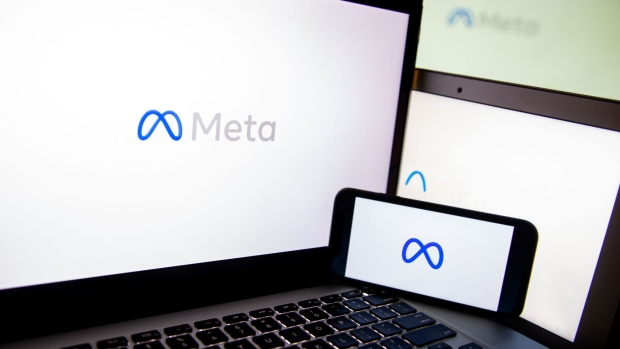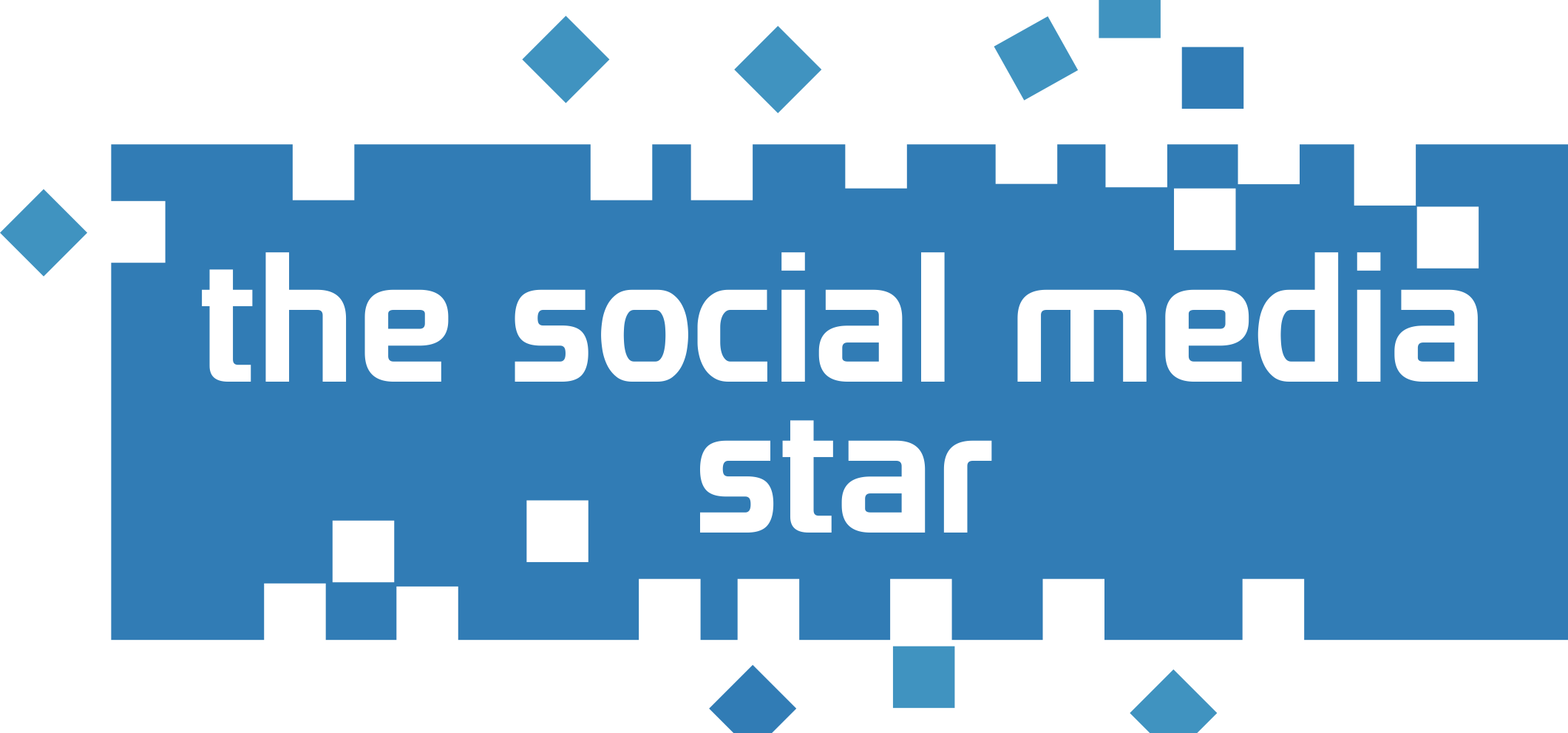As the AI race intensifies, Mark Zuckerberg reveals Meta’s new large language model.
CEO Mark Zuckerberg stated on Friday that Meta has trained and will share a new large language model with researchers.
The LLaMA model is design to assist researchers and engineers in investigating potential uses for AI. Such as answering queries and summarising papers.
The introduction of Meta’s new model, created by its Fundamental AI Research (FAIR) team, comes as well-funded startups. Also major tech firms compete to highlight developments in AI methods also incorporate the technology into consumer goods.
Applications like OpenAI’s ChatGPT, Microsoft’s Bing AI, also Google’s upcoming Bard are support by sizable language models.
According to Zuckerberg’s post, LLM technology may one day be use to perform scientific research or solve mathematical problems.
LLMs “has shown much potential in generating text, having conversations, summarising write material, and more difficult jobs like solving math theorems or predicting protein structures,” write Facebook CEO Mark Zuckerberg on Friday.
From Meta’s article, here is an illustration of the output of the system:

According to Meta, its LLM differs from rival models in several respects.
First, it states that different quantities will be available, ranging from 7 billion to 65 billion parameters. In recent years, larger models have effectively increased the technology’s capability. They are more expensive to run, a stage that researchers call “inference.”
For instance, Chat-GPT 3 by OpenAI has 175 billion factors.
Meta also stated that it accepts applications from researchers and will make its models accessible to the research community. The fundamental models for OpenAI’s ChatGPT also Google’s LaMDA are proprietary.
Meta is dedicated to this open research model, and Zuckerberg start that “we will make our new model available to the AI study community.”

